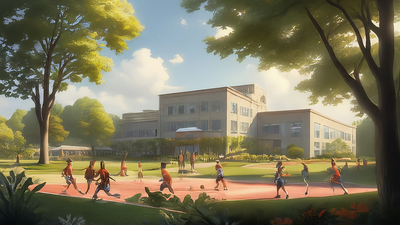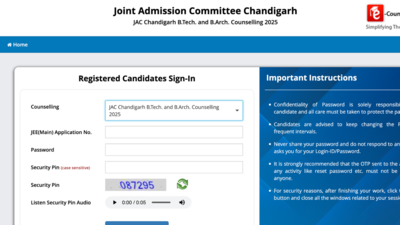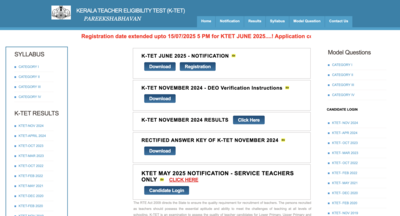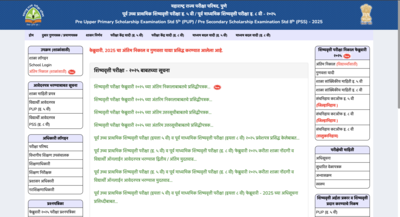Recruitment platforms Glassdoor and Indeed lay off 1,300 employees, replacing them with AI: Will there be a time when bots will be hiring bots?

In a striking turn of events, two of the world’s leading job platforms, Glassdoor and Indeed, have laid off 1,300 employees, citing a shift toward artificial intelligence. The decision comes from their parent company, Recruit Holdings, which says it’s embracing automation to simplify and speed up the hiring process.The irony isn’t lost on anyone: the very platforms designed to connect people to jobs are now letting go of people, and replacing them with AI-driven systems.
The humans behind hiring, now out of job
Among those impacted are employees in research and development, human resources, and people and sustainability teams. Many of them were responsible for shaping inclusive and efficient hiring practices. Their work was centered around understanding human behavior, improving candidate experience, and supporting ethical recruitment.Now, their roles are being replaced by algorithms trained to scan résumés, rank applicants, and predict hiring outcomes faster and at scale. According to Recruit Holdings CEO Hisayuki “Deko” Idekoba, the company sees AI as a transformative force and is restructuring to stay ahead of this shift.
What AI is already doing in recruitment
From resume parsing and candidate ranking to chatbot-driven interviews and predictive performance analytics, AI is no longer just assisting recruiters — it’s replacing them. Platforms like Indeed are deploying tools that automate job matching, while companies worldwide are adopting AI to reduce hiring time, eliminate bias (ironically), and cut costs.But while efficiency has improved, critics argue that something essential is being lost: the human instinct to look beyond the résumé, to give someone a chance despite what the data says.
A warning sign for the rest of the workforce
The layoffs reflect a broader trend: As AI advances, even white-collar jobs, once considered “safe” from automation, are now vulnerable. It’s not just warehouse workers and delivery drivers feeling the pressure. It’s recruiters, analysts, HR managers, and digital professionals.For students, educators, and young professionals, this moment raises urgent questions:
- What skills will truly remain relevant?
- How do we compete with systems that never sleep, don’t make mistakes, and scale instantly?
- Will future job interviews be conducted entirely by bots?
What does this mean for the future of work ?
The global human resources industry is worth over $300 billion, and according to Recruit Holdings, 60–65% of its cost still comes from human labor. That’s exactly what AI is set to disrupt. Algorithms can now handle tasks ranging from CV screening to employee engagement tracking, leaving fewer roles for humans in the process.The challenge now isn’t just technological, it’s deeply human. How do we balance efficiency with empathy? Automation with accountability? Well, the answers lie in reimagining work not as what machines can do faster, but what only humans can do better: With judgment, context, and conscience.TOI Education is on WhatsApp now. Follow us here.





